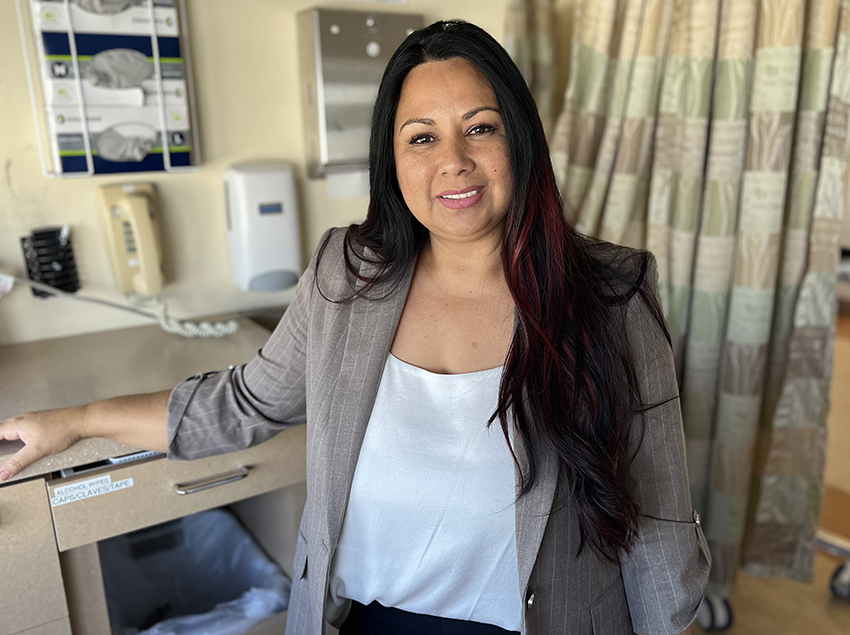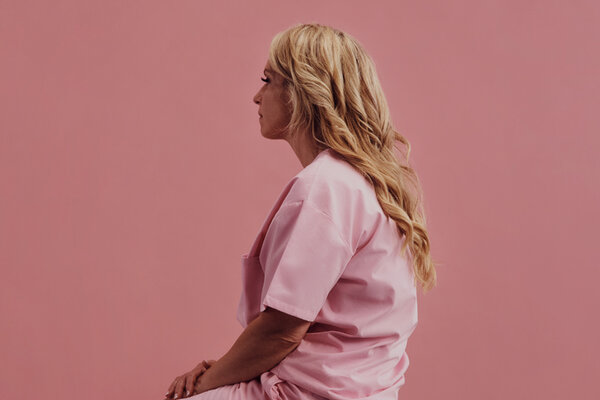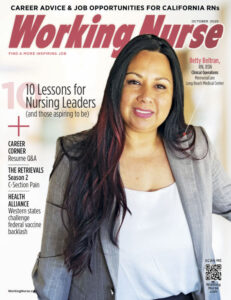CNO Roundtable 2021
Coping With Stress
We asked our CNO panelists to share what they’ve done to manage the pressures of the past year. Here are their insights and strategies.
Raye Burkhardt
Kaiser Permanente Fontana Medical Center
Working on my relationship with myself has been the key to coping with stress. Regular exercise, even when I am tired, energizes the body and mind. Reconnecting (via Zoom!) with friends and family also helps me find my balance and reminds me of the important things in life.
Lori Burnell
Valley Presbyterian Hospital
My personal coping mechanisms include:
- Retiring to bed an hour earlier than before COVID-19
- Consuming regular, light, healthy meals
- Drinking lots of alkaline water every day
- Running 3 miles on a treadmill six days a week
- Opening a window in my office — fresh air with the door closed and the mask off gives a feeling of normalcy
- Emailing less and visiting more (while maintaining a 6-foot distance)
- Leaving the room for a breather and a prayer when executive team meetings get heated
- Fasting from daily news
- Watching Disney movies
- Reaching out to my husband, friends and family for emotional support when needed.
Karen A. Grimley
UCLA Health & UCLA School of Nursing
One of our infection prevention specialists summed up the most important thing about stress: Don’t worry about what you can or can’t control — focus on where you can make a difference. A few other things that help are lessons I learned as a kid: Be kind; share with others; be honest (especially if you’re not sure); and, as Mr. Rogers used to say, “find a helper.” These practices, good self-care and comfortable shoes make anything possible.
Katie Hughes
Casa Colina Hospital and Centers for Healthcare
Early in the pandemic, I decided to make some lifestyle changes to limit the impact of the increased stress and sleepless nights: I started eating healthier, worked to improve my sleep habits and increased my activity. Almost nine months later, I can honestly say that despite everything, I am much healthier than I was a year ago! These changes helped me to cope with the added stress of the past year.






















